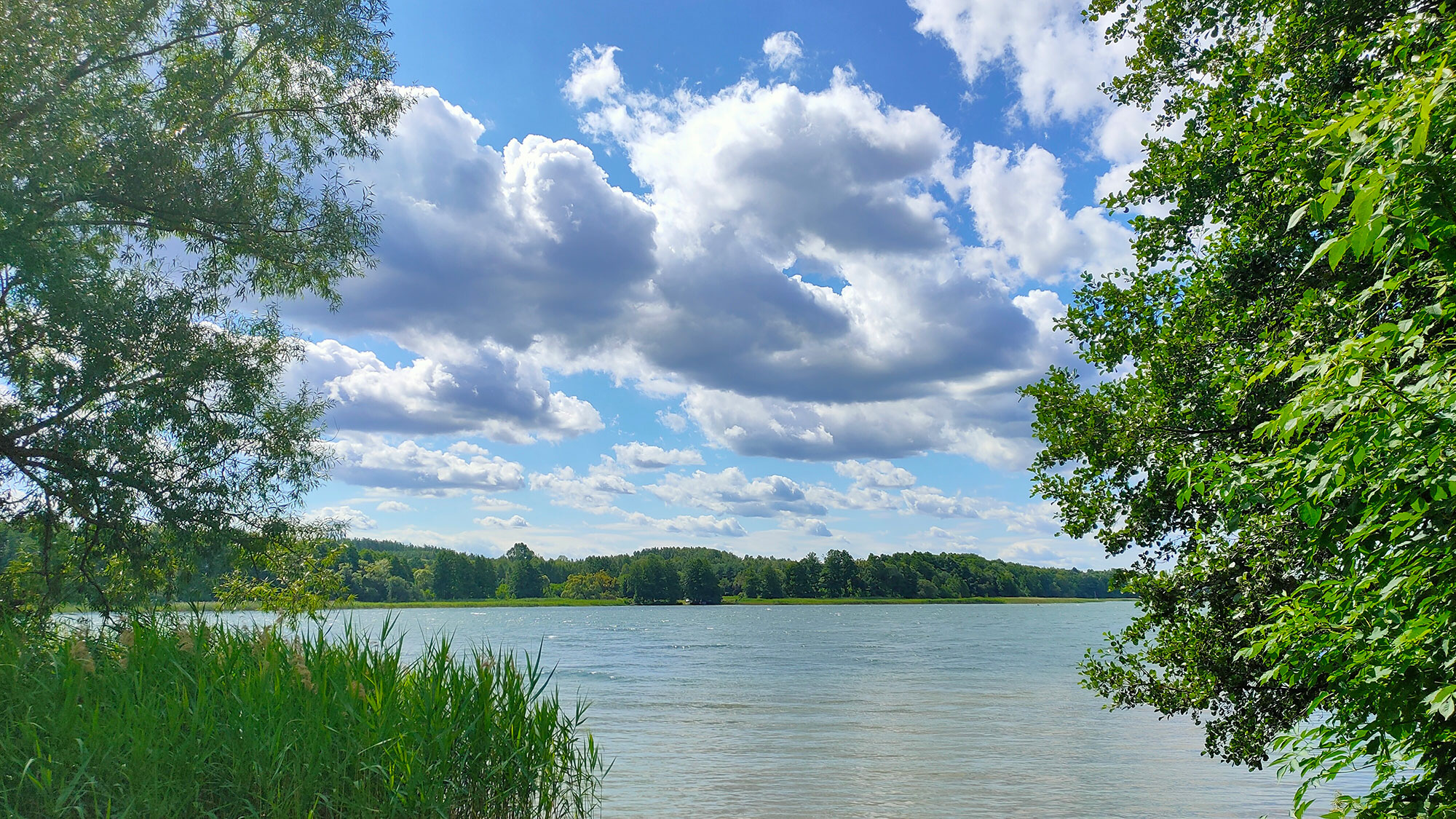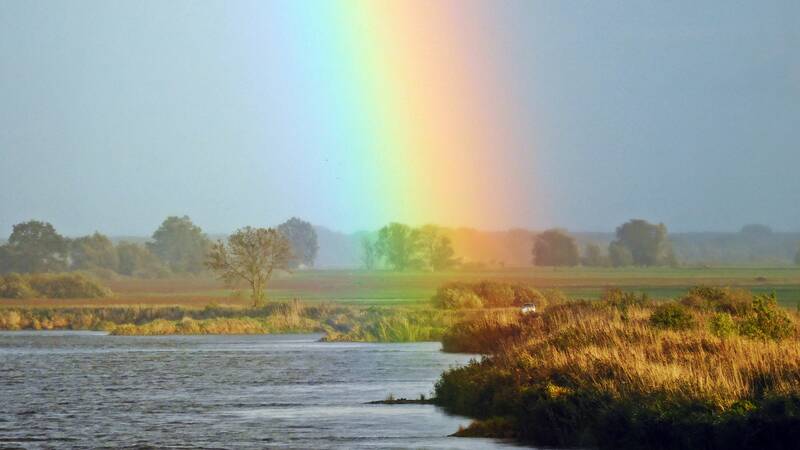Restoration of ecosystems degraded by the exploitation of water resources – cooperation in support of water and climate
12 marca 2021 r.
Projects related to the recovery of ecosystems degraded by the exploitation of water resources are a way to cope with the negative effects of climate change through measures aimed at improving the condition of the environment, including water systems. Collaboration at the governmental, self-governmental and civic level is key to achieving tangible results. The National Water Management Authority, together with other entities, plans and implements investment projects aimed at restoring ecosystems degraded by the exploitation of water resources.
The goal of water management in the 21st century is sustainable use of water resources, with an increasingly strong emphasis on the protection of ecosystems dependent on waters and the rehabilitation of ecosystems and degraded areas. In order to counter the climate crisis caused, among others, by the inappropriate management of water resources, the United Nations declared the years 2021-2030 the “UN Decade on Ecosystem Restoration” (Decade of Action), alongside adopting a package of measures stemming from the strategy developed jointly by individual governments.
Cooperation for the benefit of aquatic ecosystems
In addition to the activities carried out by the government and institutions responsible for the proper regulation of water circulation systems, it is also important to involve the local community, youth and academic circles as well as representatives of the private sector in the process of restoring ecosystems degraded by the exploitation of water resources. Each action – ranging from the rehabilitation of post-mining areas, which helps restore the local water balance, to the restoration of water arteries in the urban-rural space – leads to the intended goal, i.e. the recovery or improvement of the condition of aquatic and water-dependent ecosystems.

Water and water-dependent ecosystems at Lake Pile, Borne Sulinowo commune. Photo: the National Water Management Authority.
Model actions targeting degraded ecosystems in the Wielkopolska province
Planning and implementing activities geared towards the restoration of ecosystems degraded by the exploitation of water resources and cooperation in this scope with competent authorities and entities is one of the tasks of the National Water Management Authority.
An example is the work to improve the hydrological condition of the Wiercica river catchment by feeding it with the waters of the Warta River so as to improve the water balance, coordinated by the Regional Water Management Authority in Poznań. This is a major undertaking in eastern Wielkopolska, thanks to which the depression crater linked with the excavation of the Drzewce open-pit mine will be filled with water. This will restore the local groundwater resources, which will also have a positive impact on surface waters, including the Wiercica River. In the coming years, the National Water Management Authority plans to restore a dozen or so hydrotechnical facilities along the Wiercica river and its tributaries in order to additionally slow down water outflow and restore water circulation systems in this region.
The project of creating water reservoirs at the site of post-mining excavations in the eastern part of the Wielkopolska province is also aligned with the principles of the Decade of Action. It is in this region that the greatest water deficits in the country are recorded, which is why the action and cooperation of the National Water Management Authority with other entities towards improving the water balance of post-mining areas in this part of Poland is of key importance. As a result of many years of mining and energy-related activity as well as low rainfall and snowfall in recent years, surface and groundwater levels have dropped significantly in the region. Visible impacts include loss of flow in rivers, retreat of lake shorelines, dry wetlands or lack of water in wells. An integrated program for restoring the water circulation systems, covering both post-mining excavations, rivers and canals flowing through this area, as well as lakes and wetlands from the nearby Gniezno and Kujawskie Lakelands, is meant to prevent these consequences to a large extent. This is a model example of cooperation for the restoration of degraded ecosystems.
Restoration of degraded ecosystems – it's time for climate-oriented action!
The goal of the UN Decade on Ecosystem Restoration is sustainable existence of humans and the natural world. Comprehensive water management makes it possible to invest in the best protection against floods and droughts, and to implement measures to improve the condition and quality of water for future generations, alongside water and water-dependent ecosystems. The National Water Management Authority manages waters in a way that enables the development of various sectors of the economy. While catering to the environment, including water-dependent ecosystems, the body undertakes activities for their restoration and protection in cooperation with other entities, scientific institutions and environmental organizations, the best example of which are the activities carried out in cooperation with the National Water Management Authority in the Warta water region. Restoring ecosystems degraded by the exploitation of water resources helps us to adapt to climate change, the effects of which can also be reduced through investments in ecosystem restoration.

The Warta River at the level of Świerkocin. Photo: the National Water Management Authority

The Warta River at the level of Świerkocin. Photo: the National Water Management Authority
Sources:
gdos.gov.pl; wody.gov.pl; cordis.europa.eu;
Rest news
- There it is! The first plug from The National Water Management Authority is ready for download.
- World Water Day 2022 under the slogan "Making the invisible visible"
- The validity period of the 2016 water management plans was extended until 22.12.2022.
- From plans to action - what awaits the water management in Poland?
- We will not improve the status of water without specific actions
- Public consultations IIaPGW and aPZRP: over 2,000 applications in order to ensure security against flooding and good water condition!